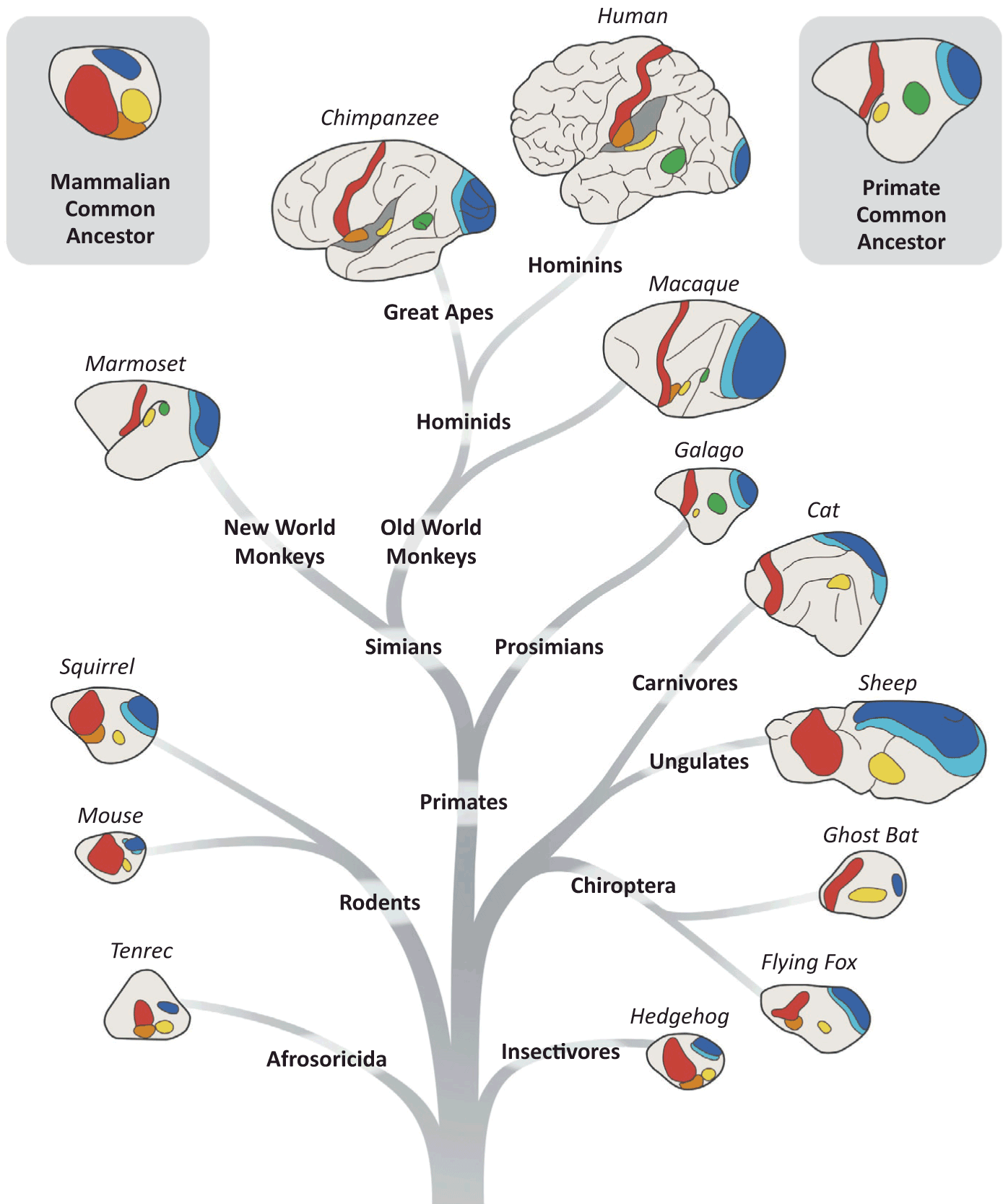5. The Positive Semantic Argument
As I emphasized on Wednesday, phenomenal concepts are, in a sense, private. They are acquaintance-based indexicals that aren’t governed by any set of public norms, and which don’t defer to the expertise of others. Nor do they make any commitment to the underlying nature of the states referred to. When …







